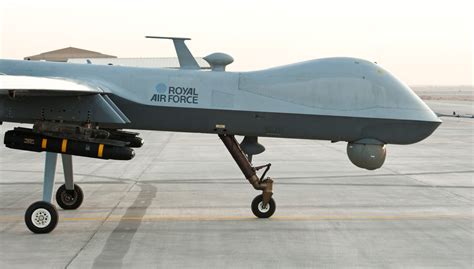Military Academy Choices
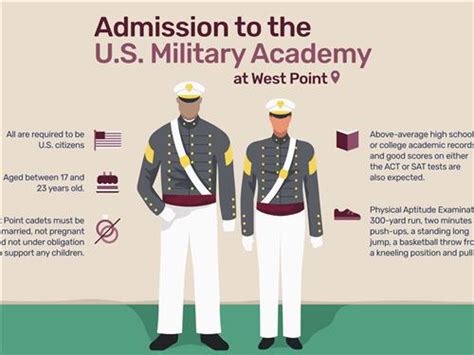
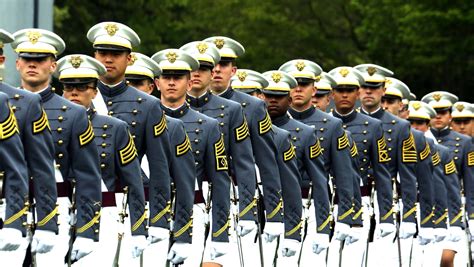
Introduction to Military Academies
When considering a career in the military, one of the most prestigious and challenging paths is attending a military academy. These institutions provide a unique blend of academic and military training, equipping cadets with the skills, knowledge, and character necessary to become leaders in the armed forces. The decision to attend a military academy is significant, and understanding the different options available is crucial for making an informed choice.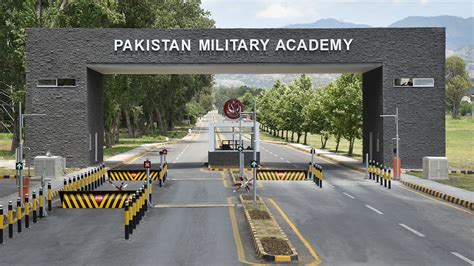
Types of Military Academies
There are several types of military academies, each with its own specific focus and requirements. The primary distinction lies between service academies, which are funded by the federal government and provide a free education in exchange for service, and senior military colleges, which offer ROTC (Reserve Officers’ Training Corps) programs but are not necessarily free. Key service academies include: - United States Military Academy (USMA) at West Point, New York - United States Naval Academy (USNA) at Annapolis, Maryland - United States Air Force Academy (USAFA) at Colorado Springs, Colorado - United States Coast Guard Academy (USCGA) at New London, Connecticut - United States Merchant Marine Academy (USMMA) at Kings Point, New York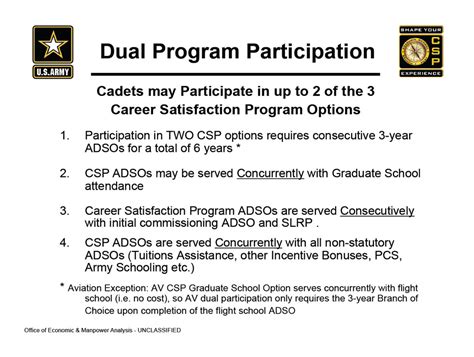
Admission Requirements
Admission to a military academy is highly competitive and involves a rigorous process. Candidates must:- Be a U.S. citizen
- Be between the ages of 17 and 23 (with some exceptions for older applicants)
- Be unmarried and have no dependents
- Meet specific medical and physical requirements
- Obtain a nomination from a U.S. congressman, senator, or the Vice President (for most service academies)
- Pass the Candidate Questionnaire, which includes sections on demographics, activities, and other personal information
- Take the SAT or ACT and achieve competitive scores
- Complete a physical fitness test and a medical examination
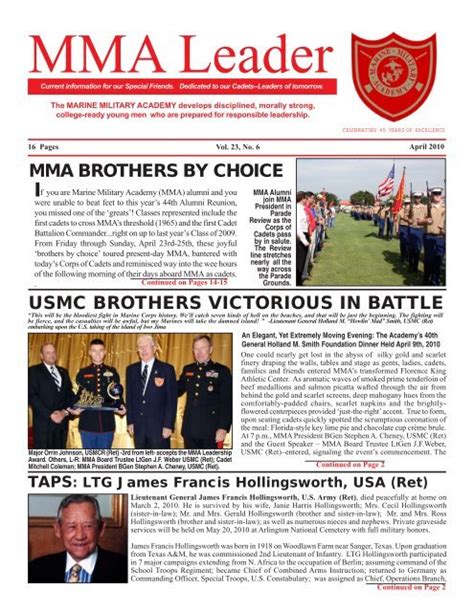
Academic and Military Life
Life at a military academy is demanding, both academically and militarily. Cadets undergo a four-year program that includes: - Academic Curriculum: A broad-based education that includes courses in mathematics, science, English, history, and social sciences, as well as specific military-related subjects. - Military Training: Includes drill and ceremony, military history, tactics, leadership, and physical fitness training. - Character Development: Ethical and moral development is a cornerstone of military academy education, focusing on producing officers of character.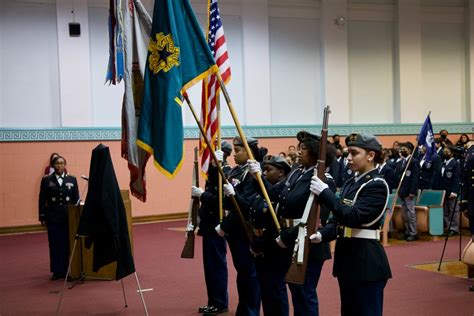
Career Opportunities
Graduates of military academies are commissioned as officers in their respective branches of the military and have a wide range of career opportunities. They can serve in various roles, from leadership positions in combat units to technical specialties and staff roles. The experience and education gained at a military academy also prepare graduates for success in the private sector after their military service.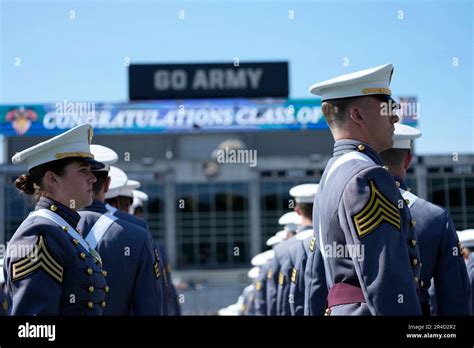
Comparison of Military Academies
Each military academy has its unique culture, strengths, and traditions. The choice between them depends on personal preferences, career goals, and the specific branch of service one wishes to join. Here is a brief overview: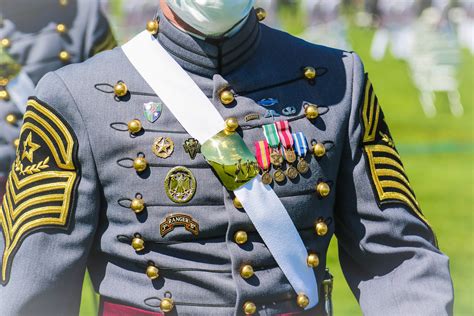
| Academy | Location | Branch | Unique Aspect |
|---|---|---|---|
| USMA | West Point, NY | Army | Oldest of the service academies, strong focus on leadership and character development |
| USNA | Annapolis, MD | Navy and Marine Corps | Emphasis on maritime and naval operations, with a strong athletic tradition |
| USAFA | Colorado Springs, CO | Air Force | Focus on aerospace and aviation, with a strong emphasis on science, technology, engineering, and mathematics (STEM) fields |
| USCGA | New London, CT | Coast Guard | Unique blend of military and maritime law enforcement, with a focus on leadership and service to the public |
| USMMA | Kings Point, NY | Merchant Marine | Prepares officers for careers in maritime industry and the military, with a focus on sea service and transportation |
📝 Note: The decision to attend a military academy should be based on thorough research and consideration of one's goals, preferences, and circumstances. Each academy offers a distinct experience, and understanding these differences is key to making the right choice.
In the end, attending a military academy is a challenging yet rewarding experience that offers a unique path to a career in the military and beyond. It demands dedication, hard work, and a commitment to service, but it also provides unparalleled opportunities for personal and professional growth. Whether one is drawn to the sea, the sky, or the land, there is a military academy that can provide the ideal blend of academic and military training to achieve one’s aspirations.
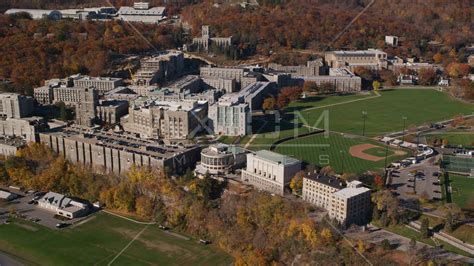
What is the primary difference between service academies and senior military colleges?
+The primary difference lies in their funding and the nature of the education they provide. Service academies are federally funded and offer a free education in exchange for military service, while senior military colleges offer ROTC programs but are not necessarily free.
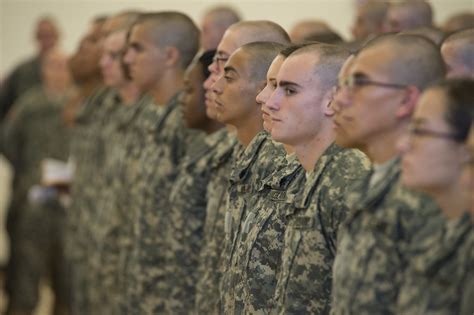
How competitive is the admission process to military academies?
+Admission to military academies is highly competitive, requiring nominees to excel academically, physically, and in terms of character. The process includes securing a nomination, achieving high scores on the SAT or ACT, passing a physical fitness test, and undergoing a medical examination.
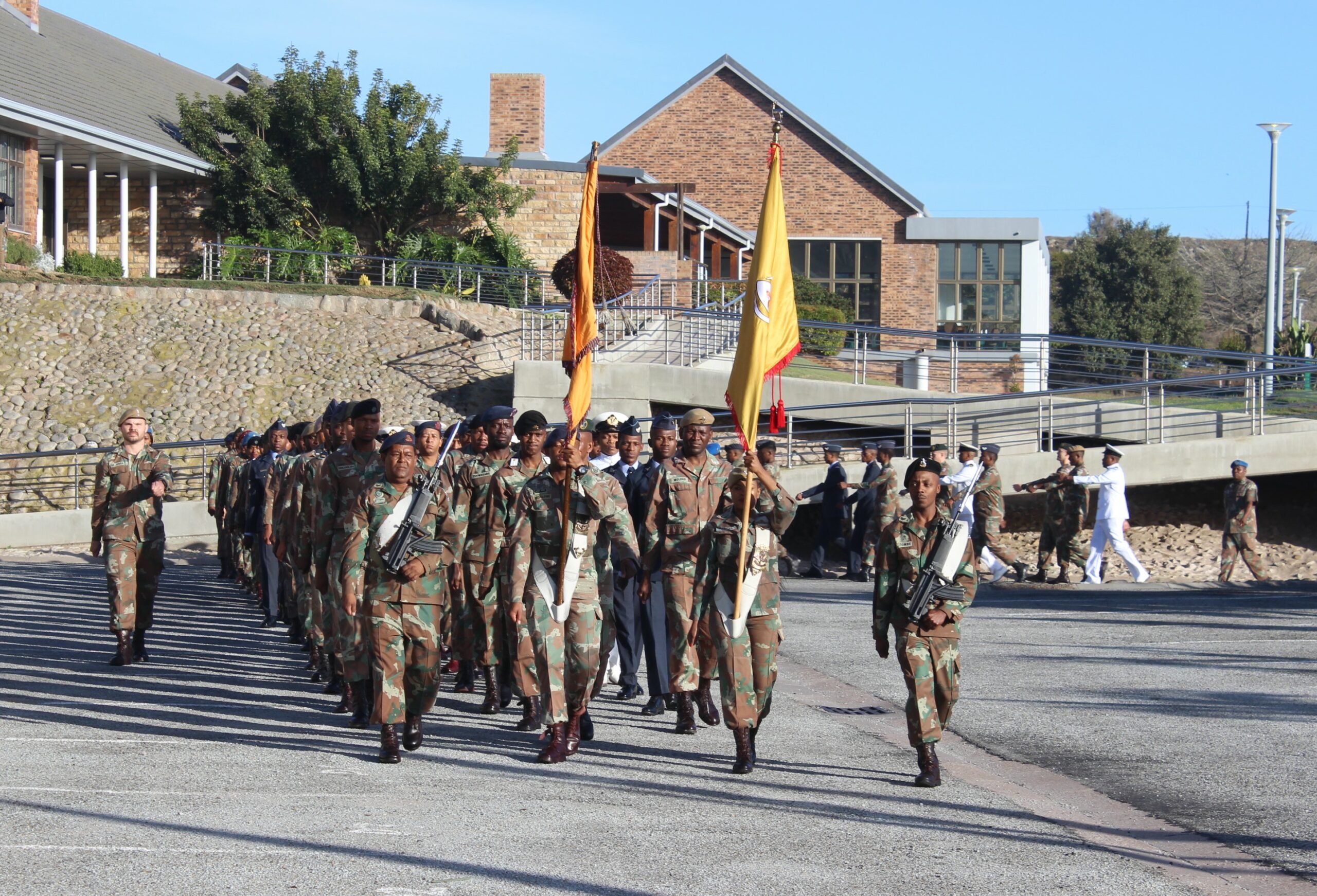
What career opportunities are available to graduates of military academies?
+Graduates are commissioned as officers in their respective branches of the military and have a wide range of career opportunities, from combat and technical specialties to leadership and staff roles. They are also well-prepared for success in the private sector after their military service.

